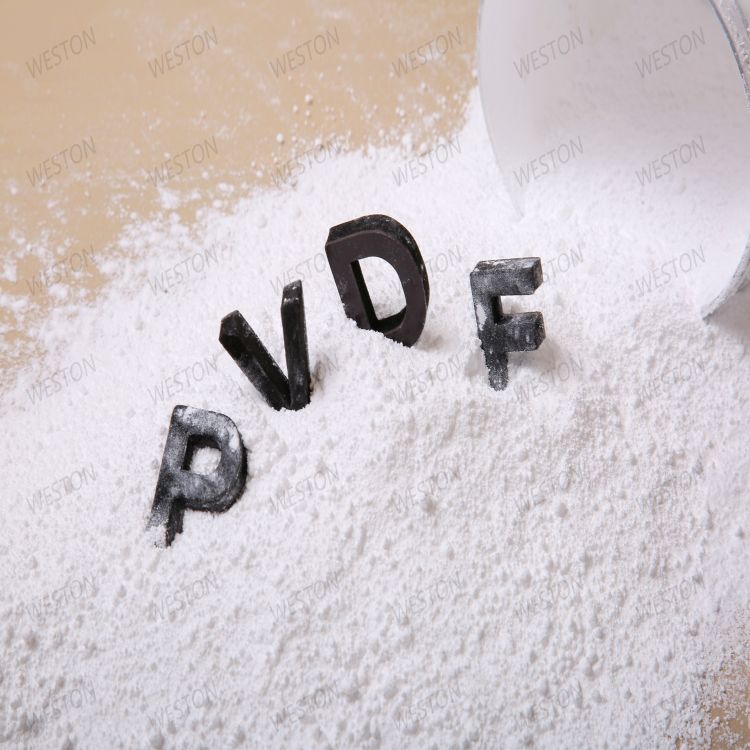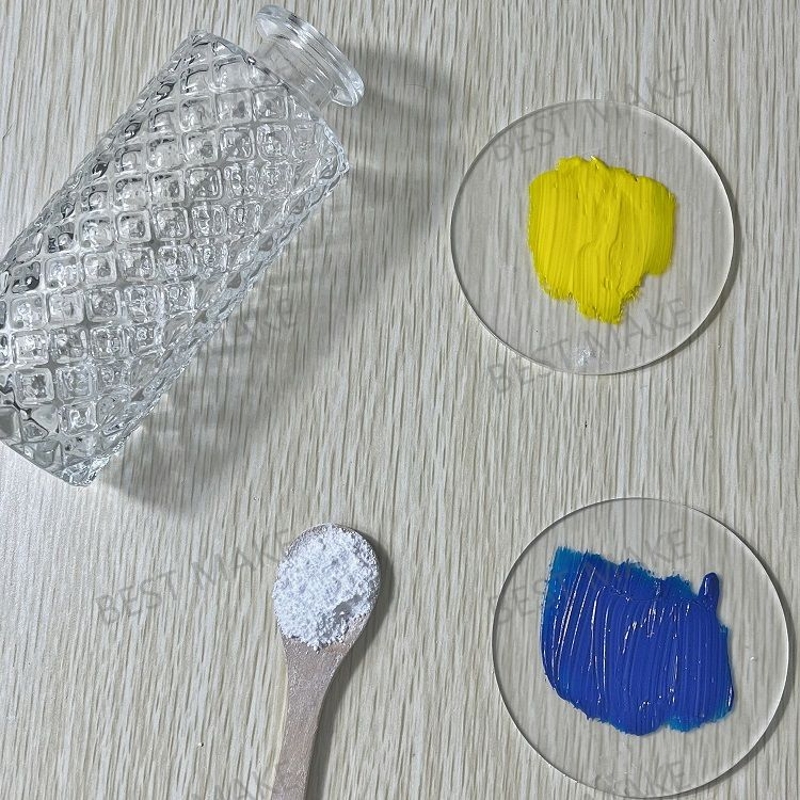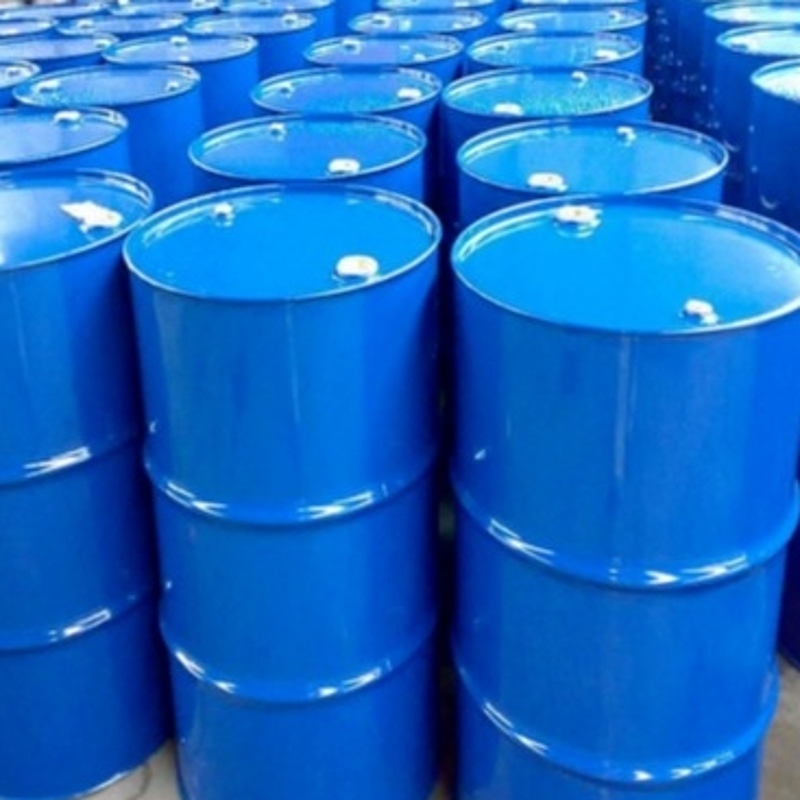-
Categories
-
Pharmaceutical Intermediates
-
Active Pharmaceutical Ingredients
-
Food Additives
- Industrial Coatings
- Agrochemicals
- Dyes and Pigments
- Surfactant
- Flavors and Fragrances
- Chemical Reagents
- Catalyst and Auxiliary
- Natural Products
- Inorganic Chemistry
-
Organic Chemistry
-
Biochemical Engineering
- Analytical Chemistry
- Cosmetic Ingredient
-
Pharmaceutical Intermediates
Promotion
ECHEMI Mall
Wholesale
Weekly Price
Exhibition
News
-
Trade Service
A new type of nanomaterial, nanocone, has efficient light absorption ability due to its special cone structure, which is another innovation in
the development of solar cells.
Scientists from the Royal Melbourne Institute of Technology recently developed a nanomaterial, which they call nanocones
.
This nanomaterial can be applied to solar photovoltaic panels because it improves the efficiency of
solar cells by enhancing the ability of solar panels to absorb light.
Their findings, published in the journal Science Advances, detail the nanocones and how they work, and expect that the nanomaterials could be widely used in the field of
solar photovoltaic panels.
The excellent performance of the nanocone material is mainly because of its extremely high refractive index - the internal material of each cone, the internal material is an insulator, the outer material is a conductor - under the microscope, the nanocone material is like many bullets standing up
.
Nanocones, like other topological insulators, cause changes in electron concentration when photons hit the material, causing vibration
.
Each vertebral body is composed of a metal-coated shell and a dielectric nucleus, which can greatly enhance the material's ability to absorb light, so that nanocones can be used not only in solar cells, but also in solar photovoltaic panels, optical fibers, waveguides and
lenses.
The researchers add that if nanocones are applied to solar thin-film cells, they will increase their light absorption by 15% in the range of visible and ultraviolet light
.
The researchers pointed out that this is the first time they have prepared such a nanostructured material, and more importantly, the preparation of this material does not require new process technology
.
And because of the enhancement of the light-absorbing capacity of this new material, the current and photoelectric conversion efficiency will be improved
.
Unlike other nanomaterials, the vibration generated by the nanocone is not sensitive to polarization, which also shows that the nanocone does not need to be vertically oriented along the nano crack and can be directly integrated into the current hardware, which makes the nanocone have a wide range of application prospects
.
And the researchers pointed out that their next research direction is to explore different types and shapes of plasma
.
A new type of nanomaterial, nanocone, has efficient light absorption ability due to its special cone structure, which is another innovation in
the development of solar cells.
Scientists from the Royal Melbourne Institute of Technology recently developed a nanomaterial, which they call nanocones
.
This nanomaterial can be applied to solar photovoltaic panels because it improves the efficiency of
solar cells by enhancing the ability of solar panels to absorb light.
Their findings, published in the journal Science Advances, detail the nanocones and how they work, and expect that the nanomaterials could be widely used in the field of
solar photovoltaic panels.
The excellent performance of the nanocone material is mainly because of its extremely high refractive index - the internal material of each cone, the internal material is an insulator, the outer material is a conductor - under the microscope, the nanocone material is like many bullets standing up
.
Nanocones, like other topological insulators, cause changes in electron concentration when photons hit the material, causing vibration
.
Each vertebral body is composed of a metal-coated shell and a dielectric nucleus, which can greatly enhance the material's ability to absorb light, so that nanocones can be used not only in solar cells, but also in solar photovoltaic panels, optical fibers, waveguides and
lenses.
The researchers add that if nanocones are applied to solar thin-film cells, they will increase their light absorption by 15% in the range of visible and ultraviolet light
.
The researchers pointed out that this is the first time they have prepared such a nanostructured material, and more importantly, the preparation of this material does not require new process technology
.
And because of the enhancement of the light-absorbing capacity of this new material, the current and photoelectric conversion efficiency will be improved
.
Unlike other nanomaterials, the vibration generated by the nanocone is not sensitive to polarization, which also shows that the nanocone does not need to be vertically oriented along the nano crack and can be directly integrated into the current hardware, which makes the nanocone have a wide range of application prospects
.
And the researchers pointed out that their next research direction is to explore different types and shapes of plasma
.







